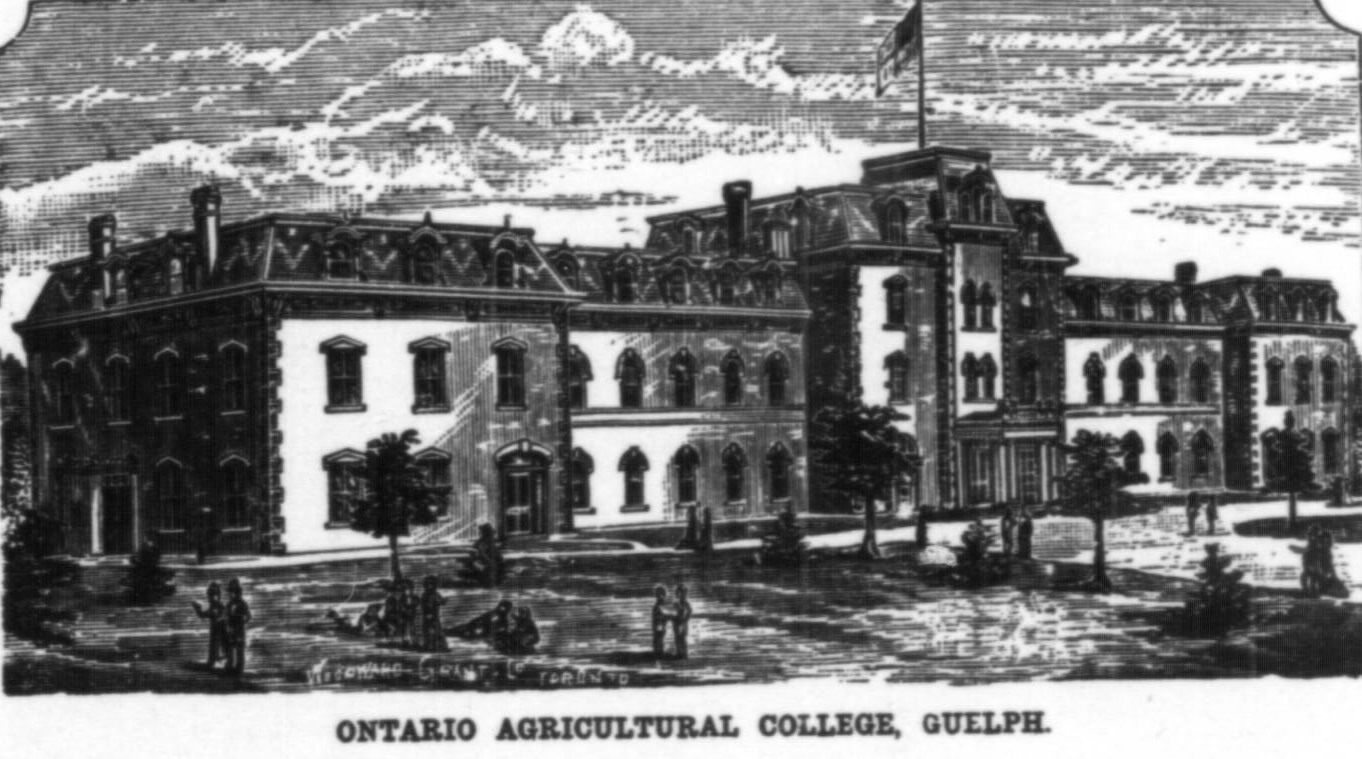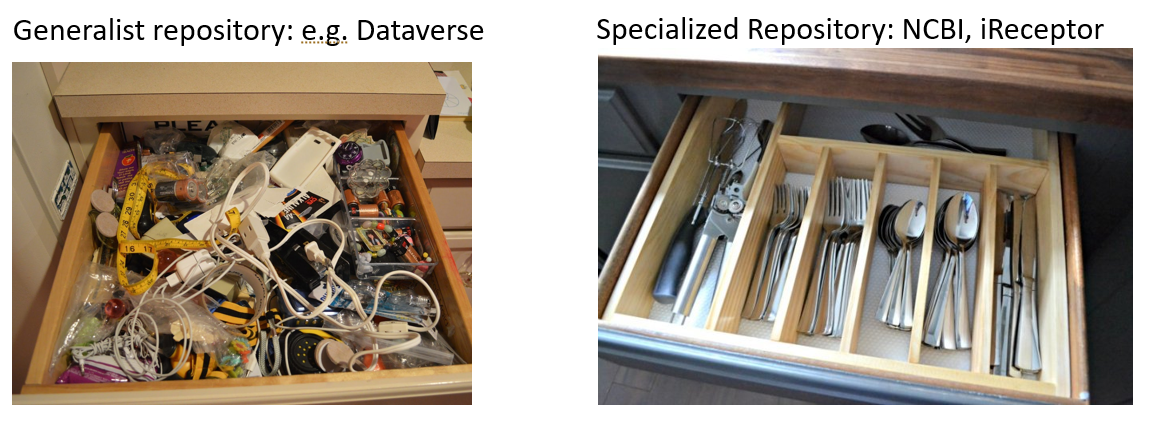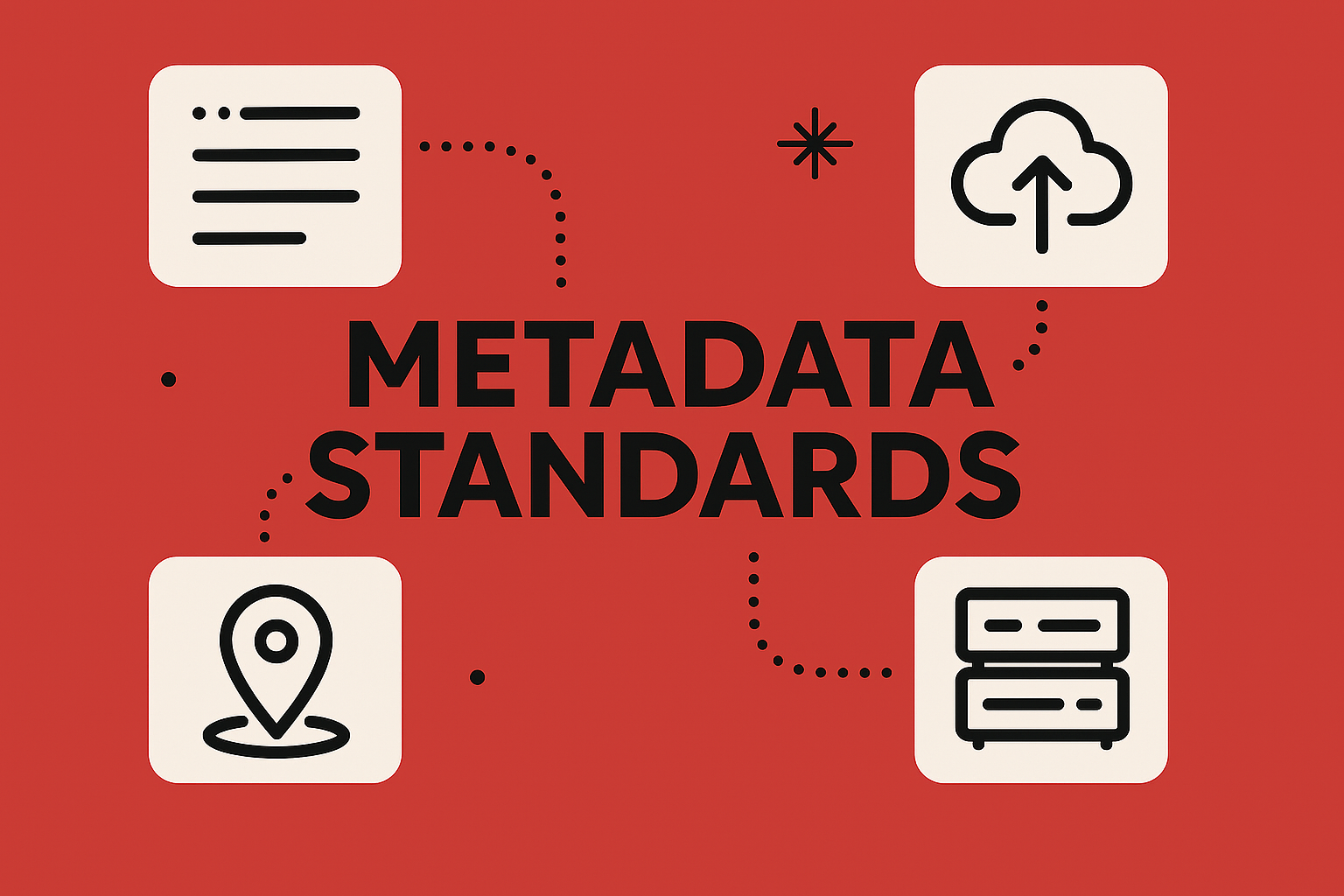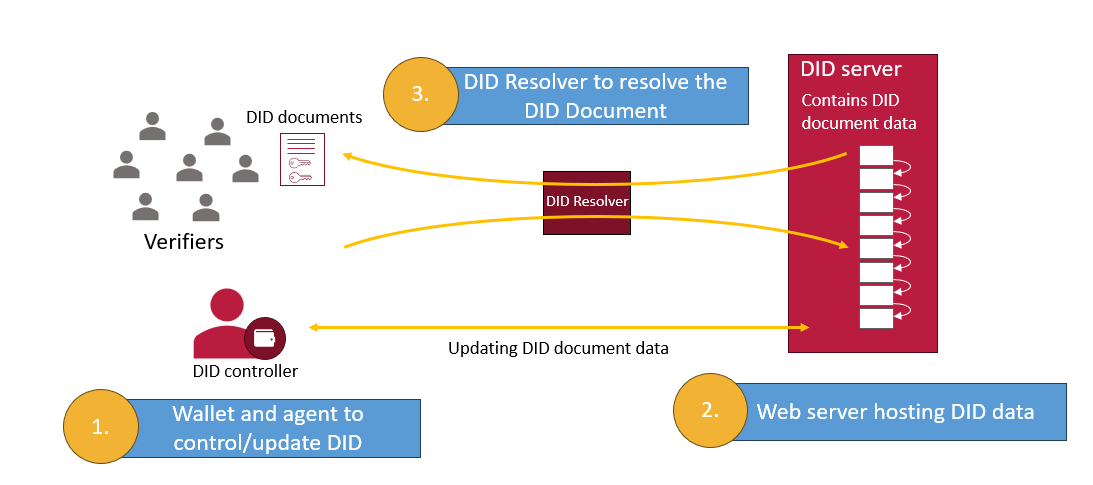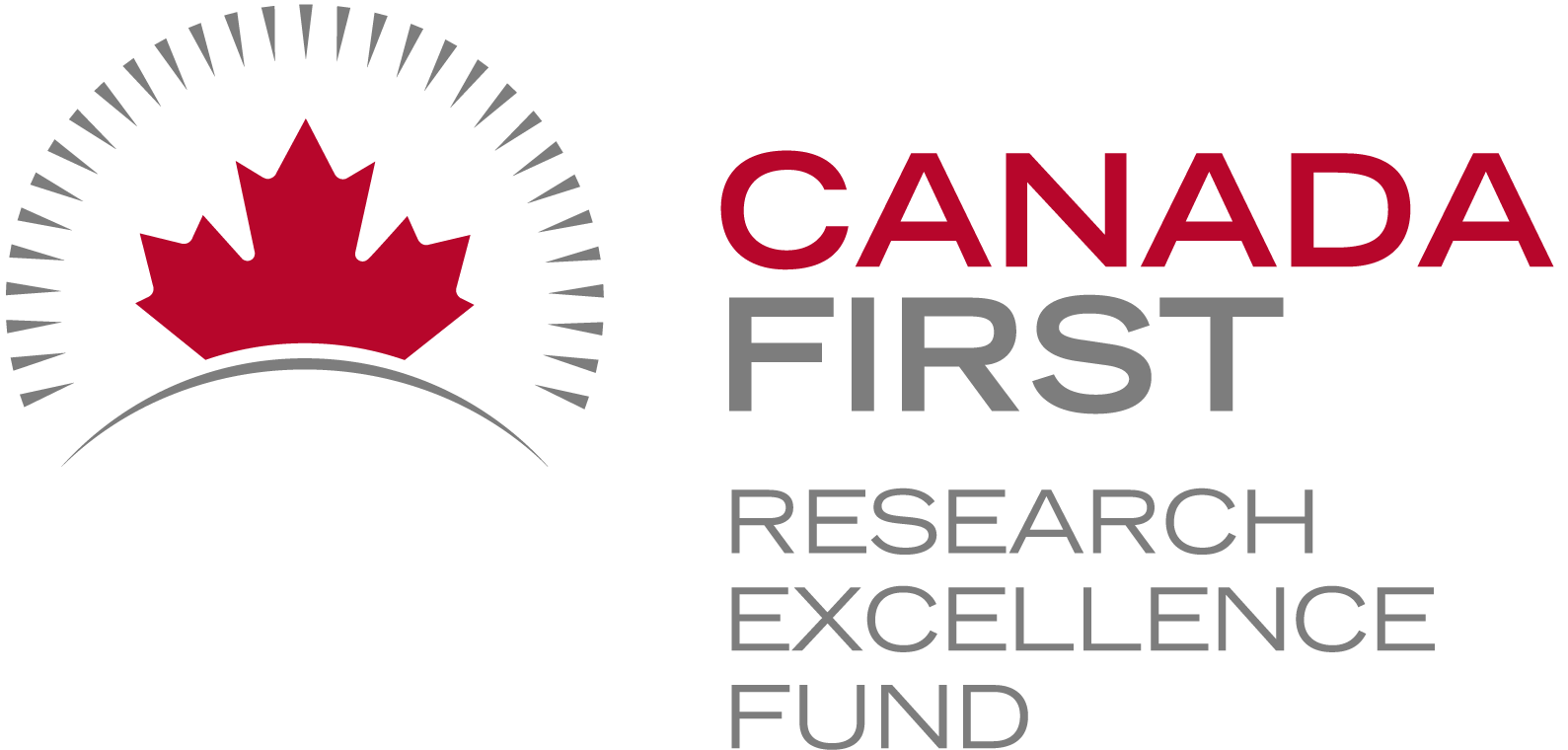Funding for Agri-food Data Canada is provided in part by the Canada First Research Excellence Fund
OAC and Historical Ag Data – has the 150 year old mystery been solved?
Ah yes I’m on a roll with the historical data. Many of you have heard me ask “Where is the data?” If we have been conducting research or experiments for over 150 years here in Ontario – what do we have to show for it? As Data stewards – what happened? Where has that data…
ViewMore lost data?
I’m sure by now you’ve heard of the AAFC news – seven research facilities closing with many job cuts. Research facilities with over a century of research, data, reports…. Oh you all know where I’m going with this!!! Yup! Where is all that data? Gone? Hidden? Maybe in some repository? I don’t know! What I…
ViewRepositories for Research Data
Generalist and Specialist Data Repositories Research data repositories can be described along two important dimensions: how broad or specialized their scope is, and where they sit in the research data lifecycle. Understanding these distinctions helps understand the technologies and repositories available for research data. Generalist Repositories Generalist repositories are designed to accept many different kinds…
ViewLet’s talk “Metadata”
You’ve seen this word thrown around a lot! Data about data. Data Documentation. Information about your data. So many different ways to define “metadata”. If you’ve been reading our blog posts – you know that we are STRONG advocates for data documentation!! I, personally, am a STRONG believer in metadata – without it – all…
ViewResearch Activity Identifiers (RAiDs)
In Canada, national research data infrastructure is coordinated by the Digital Research Alliance of Canada (DRAC). The Alliance provides the digital tools and platforms that researchers depend on to manage data, perform advanced computing, and leverage research software. Supported by federal funding, DRAC works with partners across the country to expand access, improve security, and…
ViewHow do we change the data culture? Or do we need to?
Happy New Year and welcome back to a whole new year of blog posts by ADC! A New Year is upon us and yet I’m still stuck questioning the value of data and how everyone else values data. I know I talked a bit about this last year in my What happened with the “old”…
ViewHappy Holidays!
Happy Holidays from the team at Agri-food Data Canada! See you in 2026 with a series of new blogposts! image created by AI
ViewData Collaboration
I recently had the opportunity to conduct an in-person workshop at the Cultivating Resilience: Building Climate-Smart Food Systems Together Summit in Vancouver, BC. The Summit was hosted by the Agricultural Genomics Action Centre sister hub to the Climate-Smart Data Collaboration Centre, in which ADC is an active partner and supporter. I chose to talk…
ViewORCID and Decentralized Identifiers
On November 19th, Carly Huitema presented (YouTube link) at the Trust over IP 5-Year Symposium on emerging opportunities to use ORCID as a trust registry to help build secure, verifiable research data spaces. As research becomes increasingly digital and distributed, identity plays a central role in how data is created, shared, and validated. ORCID is…
ViewSupporting Data Spaces: OCA Composer
In research environments, effective data management depends on clarity, transparency, and interoperability. As datasets grow in complexity and scale, institutions must ensure that research data is FAIR; not only accessible but also well-documented, interoperable, and reusable across diverse systems and contexts in research Data Spaces. The Semantic Engine (which runs OCA Composer), developed by Agri-Food…
View


